
Former Bank of China Chairman Sentenced to Suspended Death in Anti-Corruption Crackdown
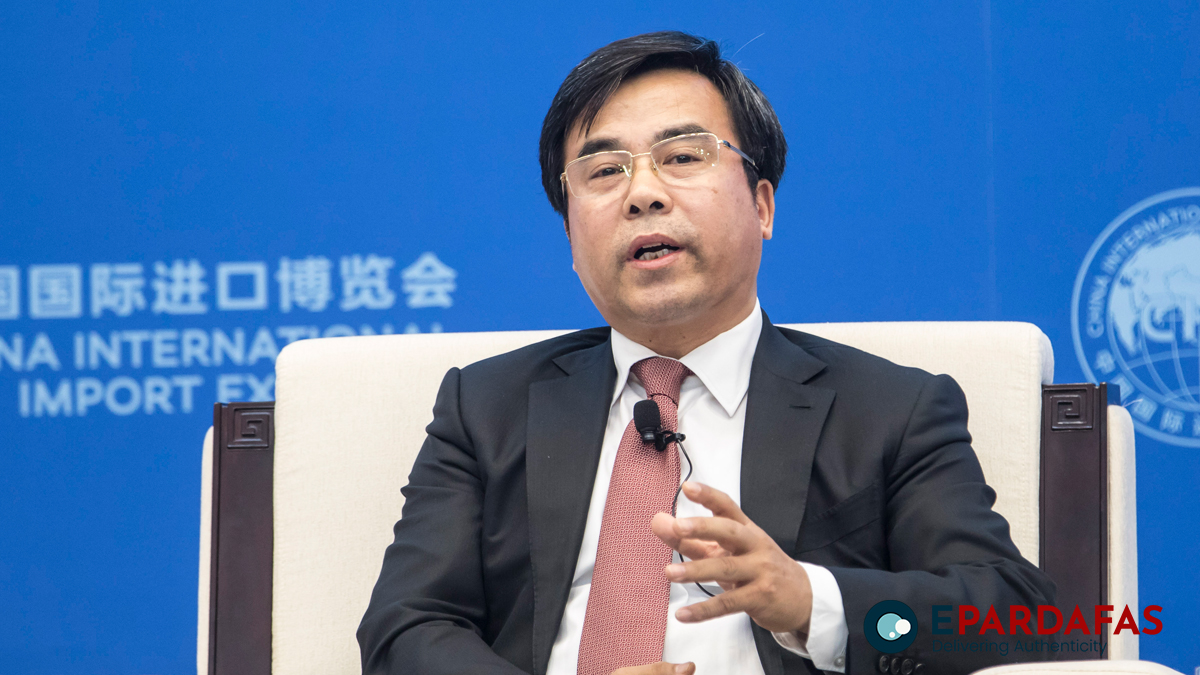
A Chinese court has sentenced Liu Liange, the former chairman of the state-owned Bank of China, to a suspended death sentence for accepting bribes and illegally granting loans. The ruling, delivered on November 26 by the Jinan Intermediate People’s Court in Shandong province, highlights the intensifying anti-corruption campaign spearheaded by Chinese Communist Party (CCP) leader Xi Jinping.
Details of the Sentence
The court imposed a death sentence with a two-year reprieve, citing Liu’s cooperation, including a “truthful confession” and recovery of most misappropriated funds. If Liu demonstrates good behavior during the two-year period, the sentence may be commuted to life imprisonment, according to the Central Commission for Discipline Inspection (CCDI).
Liu, 63, held prominent roles in China’s financial sector, including at the People’s Bank of China (PBOC) and the Export-Import Bank of China (EximBank), before becoming chairman of the Bank of China in 2019. His career came under scrutiny in March 2023 when the Bank of China announced his resignation, shortly followed by a CCDI investigation into allegations of corruption.
Allegations and Convictions
The court found that Liu abused his authority from 2010 to 2023 to approve loans, facilitate projects, and make appointments benefiting individuals and companies in exchange for over 121 million yuan ($17 million) in bribes.
He was also convicted of illegally approving loans totaling 3.32 billion yuan ($458 million) to unqualified companies, resulting in a financial loss of 191 million yuan ($26 million).
Broader Anti-Corruption Campaign
Liu’s sentencing adds to a growing list of high-profile financial executives targeted by Xi Jinping’s anti-corruption drive, which aims to strengthen CCP control over China’s $66 trillion financial sector.
In October, former PBOC vice governor Fan Yifei received a suspended death sentence for accepting bribes exceeding 386 million yuan ($53 million).
In February, Tian Huiyu, former president of China Merchants Bank, faced a similar sentence for bribery and abuse of power.
Mixed Reactions to the Campaign
While the CCP frames its anti-corruption measures as efforts to combat systemic issues, some analysts view these purges as politically motivated moves to consolidate power. Xi Jinping has consistently emphasized a zero-tolerance approach, stating earlier this year that there would be “absolutely no mercy” in tackling what he described as a “severe and complex” corruption crisis.
Critics, however, argue that these campaigns are tools to eliminate rivals and tighten the CCP’s grip on critical sectors. Li Jian, a commentator on Chinese politics, remarked that the anti-corruption campaigns reflect the regime’s desire to centralize control through periodic purges.
The momentum of Xi’s anti-corruption campaign shows no signs of slowing, with further probes and high-profile arrests expected in the coming months.

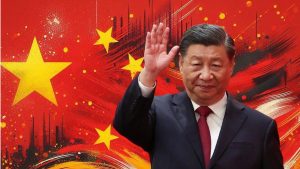
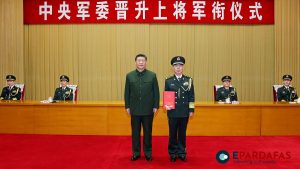

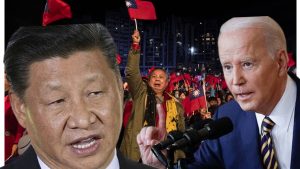
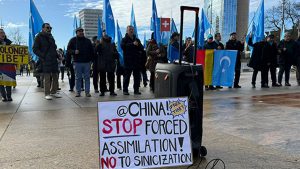

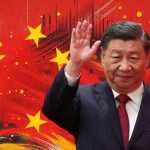
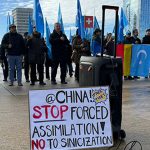



Comments